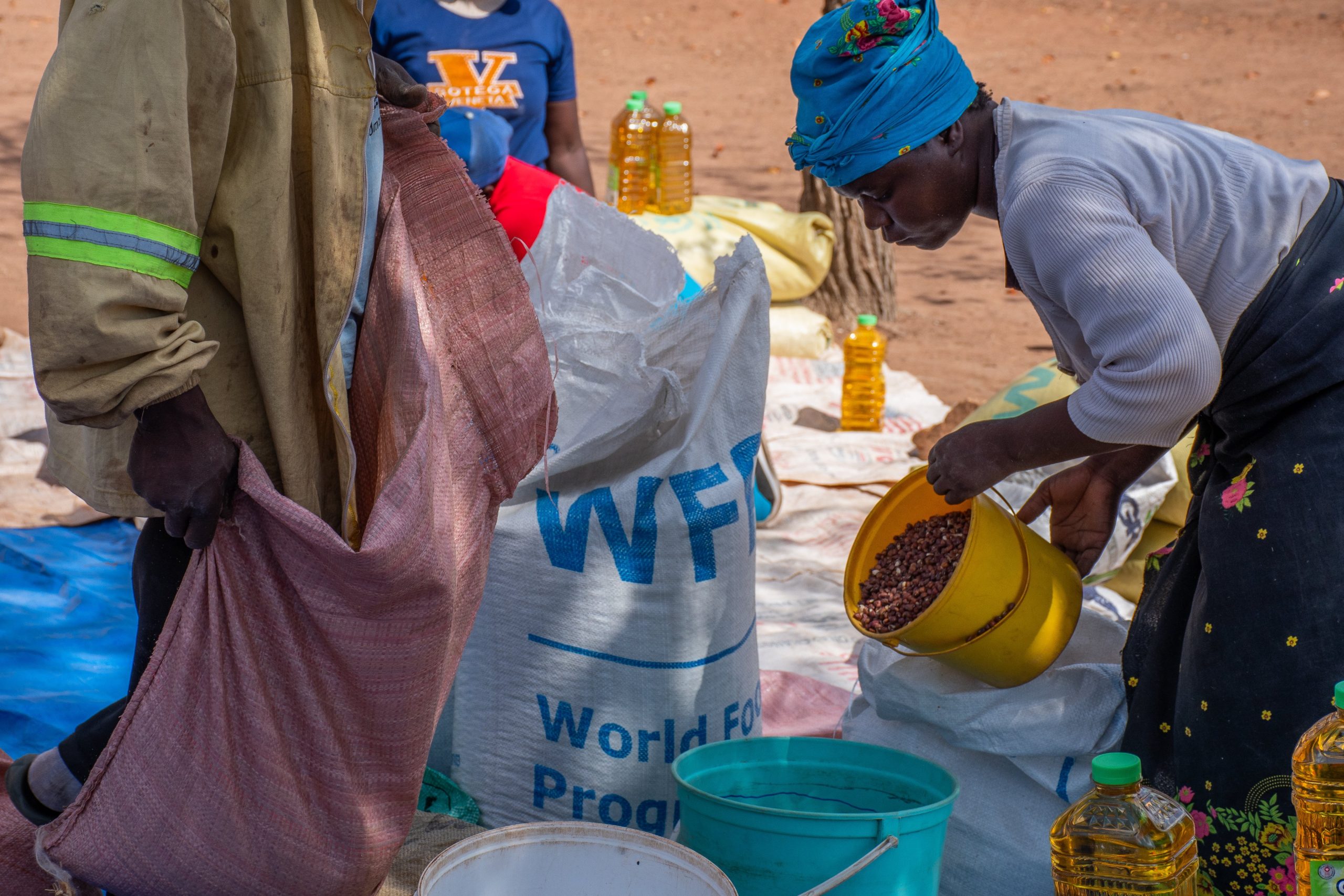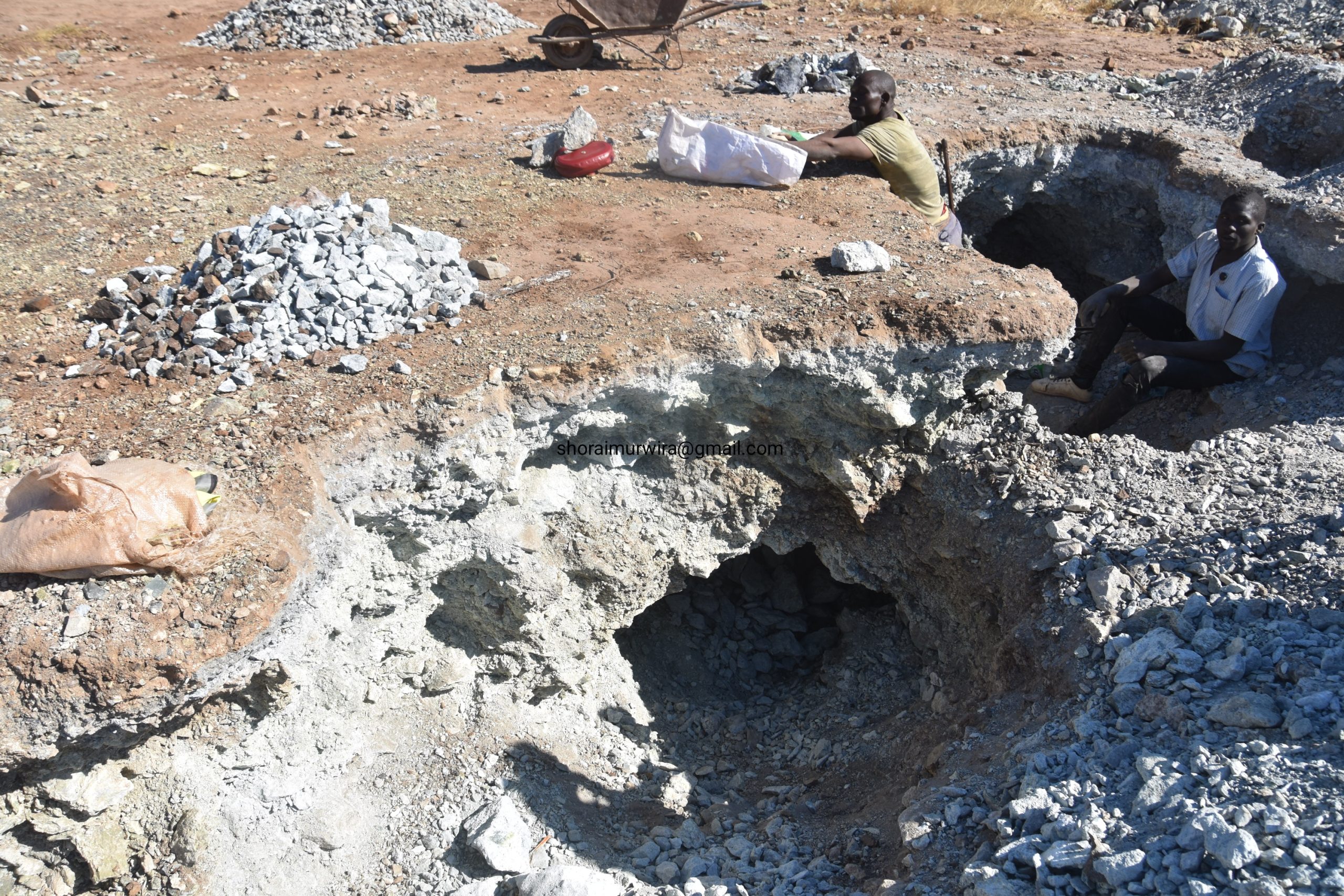Addis Ababa, Ethiopia – The United Nations World Food Programme (WFP) has issued a stark warning that funding shortfalls could erase fragile gains made in reducing global hunger, particularly in Africa, where over 307 million people faced hunger in 2024.
Speaking at the launch of the State of Food Security and Nutrition in the World (SOFI) report at the Second UN Food Systems Summit Stocktake, WFP Executive Director Cindy McCain painted a grim picture of how shrinking humanitarian aid budgets are putting millions of lives at risk.
“Hunger remains at alarming levels, yet the funding needed to tackle it is falling,” McCain said.
She added, “Last year, WFP reached 124 million people with lifesaving food assistance. This year, funding cuts of up to 40 percent mean that tens of millions of people will lose the vital lifeline we provide. While the small reduction in overall rates of food insecurity is welcome, the continued failure to provide critical aid to people in desperate need will soon wipe out these hard-won gains, sparking further instability in volatile regions of the world.”
According to the SOFI 2025 report, Africa remains the region most affected by hunger, with over 20 percent of its population food insecure — more than double the global average of 8.2 percent. The WFP, which has historically been a key actor in African humanitarian operations, now faces major operational setbacks due to the unprecedented scale of funding gaps.
WFP’s alarm comes at a time when climate shocks, protracted conflicts, and high food prices continue to erode food security across the continent. In countries like Sudan, South Sudan, Somalia, and parts of the Sahel, WFP has already had to cut rations or suspend operations entirely due to lack of resources.
The report highlights how climate change and geopolitical instability, particularly the ripple effects of the war in Ukraine, have driven food inflation to record highs — disproportionately affecting low-income countries in Africa. In May 2023, food inflation peaked at 30 percent in low-income countries, compared to a global median of 13.6 percent.
These rising prices have forced more people to rely on humanitarian food assistance, further stretching WFP’s already strained resources.
McCain’s statement reflects the broader concern that humanitarian organizations cannot face the crisis alone, and that governments and donors must step up funding commitments immediately to prevent further deterioration.
“The continued failure to provide critical aid to people in desperate need will soon wipe out these hard-won gains,” she emphasized. “This will spark further instability in volatile regions of the world.”
The SOFI 2025 report calls for a rethink of international food systems — urging more sustainable, climate-resilient investments and social protection mechanisms that shield the most vulnerable, especially in regions like Africa where the WFP is often the last line of defense against hunger.
WFP has long advocated for predictable and sustained funding, alongside policy reforms that strengthen national food systems. As the number of people unable to afford a healthy diet in low-income countries rose from 464 million in 2019 to 545 million in 2024, the agency’s work remains more crucial than ever.









